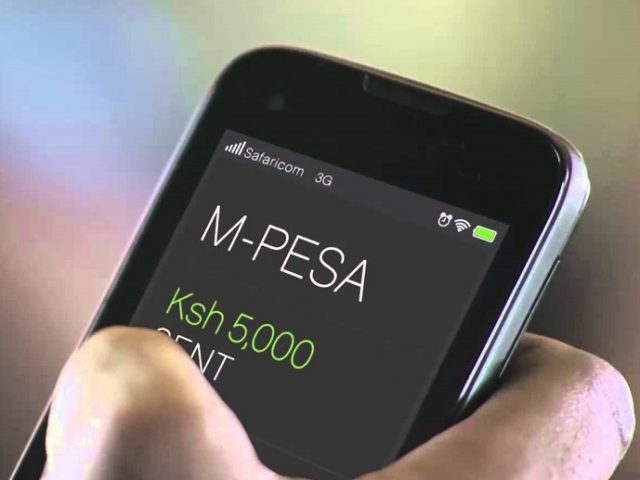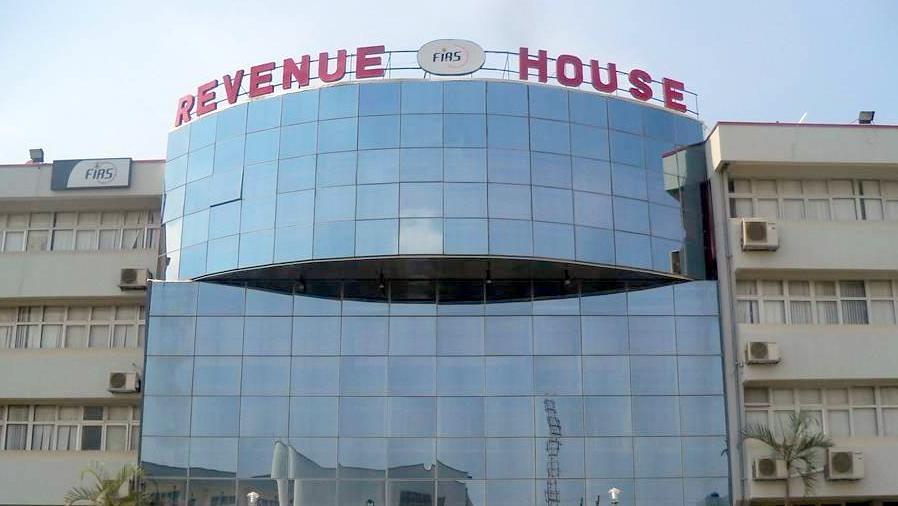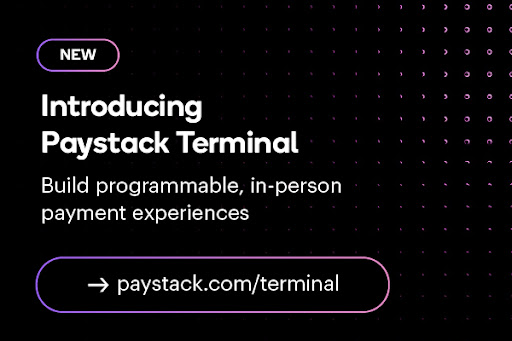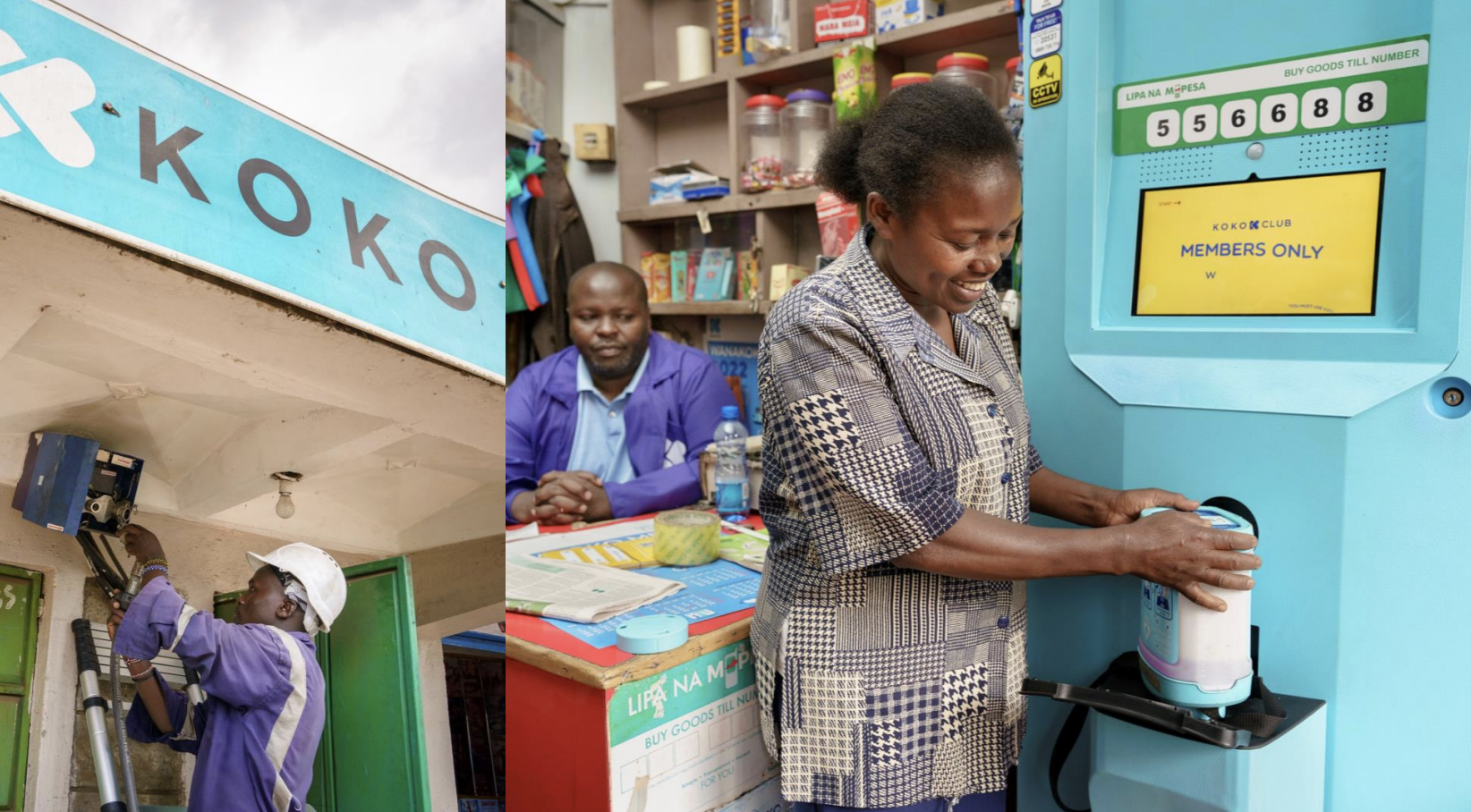
IN PARTNERSHIP WITH

Happy salary day 🎊
If you’ve been keeping up with our Crypto Market segment this year, you’ve surely seen a lot of green ⬆️. So far, bitcoin is having a great January at $23,000. Does this mean the crypto hype will resurface?
Last year, over $2 trillion was wiped off the crypto market and African crypto startups struggled. Startups like Quidax and Lazerpay laid off staff, while Nestcoin lost an estimated $4 million in FTX’s collapse.
These losses have broken the myth that crypto is the new oil gold.
And now that crypto is creeping up again, what will African crypto startups do? In this article, our newsroom editor Muyiwa forecasts the future of African crypto startups and creators.
CRYPTO MARKET

|

|

|
|---|---|---|
|
Bitcoin 
|
$22,628 |
– 1.87% |
|
Ether 
|
$1,545 |
– 5.58% |
|
BNB 
|
$299 |
– 6.75% |
|
Solana 
|
$22.87 |
– 8.21% |
|
|
Source: CoinMarketCap
|
|
* Data as of 04:50 AM WAT, Janaury 25, 2023.
NIGERIA GENERATES $22 BILLION IN TAXES

How did Nigeria do in the taxes department last year?
The West African country’s tax agency, the Federal Inland Revenue Service (FIRS), released the report of its performance in 2022, and it looks like the FIRS performed better last year than it did in 2021.
What does the report say?
The report shows that the FIRS collected a total of ₦10.1 trillion ($22 billion) in oil and non-oil revenues—more than the ₦6.405 trillion ($11.1 billion) it collected in 2021. In fact, this is the first time the service hit the ₦10 trillion mark.
The non-oil revenue accounted for more than half—59%—of the tax revenue in that year.
The non-oil revenues include Companies’ Income Tax which was ₦2.83 trillion ($6.22 billion); Value Added Tax which turned out to be ₦2.51 trillion ($5.51 billion); and Earmarked Taxes which summed up to ₦353.69 billion ($77.7 million).
Executive chairman of the FIRS, Muhammad Nami, said the agency was able to surpass its goals because of collaboration with stakeholders, effective taxpayers’ education, and improved tax morale.
Receive money from family and friends living abroad in minutes this holiday season with $end.
Visit send.flutterwave.com and do it now!
This is partner content.
CAPE TOWN TO PAY RESIDENTS FOR THEIR POWER

Excess power isn’t always a bad thing, it seems.
Cape Town’s residents and businesses will soon be able to feed excess electrical power from their own generators into their power system in exchange for cash.
The National Energy Regulator of South Africa (NERSA) has approved a rate of 78.98c/kWh for the city to pay power sellers. Cape Town is also offering an additional 25c/kWh incentive tariff.
Before now, power sellers had their municipal bills credited for excess power, instead of actual cash payments.
ICYMI: South Africa has been experiencing power blackouts as Eskom, which supplies the bulk of the country’s electricity, has been struggling to keep the lights on and has been implementing load-shedding over the years.
Cape Town got a National Treasury exemption from the government to implement this cash-incentivised power procurement plan to curb blackouts.
The payment system for the programme will roll out to commercial customers before June, while households that have city-approved generation systems and capacity will get theirs before the year ends.
What are the city-approved generation systems?
To sell excess power to their town, Capetonners need to have a power generator like a solar system and an Advanced Metering Infrastructure metre installed by the city. The metre will tell how much energy is consumed and generated by your system.
KENYAN HIGH COURT OKAYS TRANSFER FEES BETWEEN M-PESA AND BANKS

Kenyans are not happy about this one.
The two-year run of free transfers between M-Pesa and commercial banks has now come to an end, and a recent ruling that suspended the charges has been overturned.
Interestingly, the banks didn’t even care about this ruling. They had continued charging without the backing of the court. But now that the Kenyan High Court has okayed the transfer fees, Kenyans only have one option: pay charges on transfers they thought might forever be free.
Background: In 2020, the pandemic year that caused the historic decline of cash use, Kenya’s central bank (CBK) came up with the idea of free transfers between commercial banks and users of Safaricom’s M-Pesa, the country’s leading mobile money operator. The idea sailed, and Kenyans embraced digital payments more. It was free, after all.
But as the pandemic gradually faded, Safaricom and the banks went back to the CBK, asking for approval to re-introduce the transfer charges. The CBK finally agreed in December last year but stipulated a reduction in the fees: 61% reduction for transfers from bank accounts to mobile money wallets. And a 47% reduction on charges from mobile money accounts to banks.
Kenyans said no, and they brought in the law
The charges were kick-started this month but were again suspended when a Kenyan court received a lawsuit against Safaricom and the CBK. The suit was filed by Moses Wafula, a Nairobi resident who maintained that such charges were to be paid for by Safaricom’s primary clients such as banks, utilities, and government agencies—not regular customers.
The CBK opposed this, arguing that the regulator and the banks were yet to be made a party to the case, and the suspension should only come after all parties have tabled their positions on the matter. The judge then directed all parties to file a response by February 6, 2023.
For now though, the charges don’t seem to be going anywhere.
Build programmable, in-person payment experiences with Paystack Terminal.
This is partner content.
EVENT: STATE OF TECH IN AFRICA Q4 2022
Join us on January 27, on a special edition of TechCabal Live. We’ll be launching “The State of Tech report”. The State of Tech Report is our flagship report that analyses quarterly data on acquisitions, expansions, product launches, and funding in Africa’s tech ecosystem.
This edition looks at 2022 in retrospect and contains interesting patterns and trends to look out for this year. At the event, we will discuss actionable insights and findings from the report with you and share our perspectives on the outlook of Africa’s tech landscape.
OPPORTUNITIES
- The GROW Impact Accelerator is now accepting applications from agritech startups offering solutions to the problems facing the processing, packaging and transportation of food. Apply by January 30.
- The 100x Impact Accelerator is open to applications from impact-driven social enterprises that work across eight sectors including health, climate and education. Selected enterprises selected will receive £150,000 grants and access to LSE’s world-class expertise, plus a 12-week programme of bespoke support from experts and social unicorn founders. Register by March 10.
- Do you have what it takes to become the next supplier to leading South African enterprises in the furniture sector? Apply for the 2023 eThekwini Furniture Cluster Acceleration Programme. Apply by February 28, 2023.
- The Jasiri Talent Investor Programme is looking for highly driven individuals with a history of achievement and/or entrepreneurial action who aspire to launch a high-growth venture. Apply by April 23, 2023.
- Application for the first cohort of the SME Growth Lab Africa’s accelerator programme 2023 is now open. The digital accelerator programme is designed to empower business owners with digital skills, knowledge, mentorship and community events with the aim of transforming their businesses and driving economic growth. Apply by January 30, 2023.
- The GSMA AgriTech Accelerator is now accepting applications from innovative, revenue-generating digital agriculture solutions that support the shared vision of improving smallholder farmers. Cohort members will benefit from targeted consulting from the GSMA team, user experience and product design/management support, farmer feedback surveys, access to GSMA events and insights and capacity building for investor readiness. Apply by February 10, 2023.
- Are you an ambitious and innovative leader who wants to learn how to bridge the gap between desire and action on sustainability? Then apply to join the Swedish Institute Management Programme 2023. Apply by February 13, 2023.





























